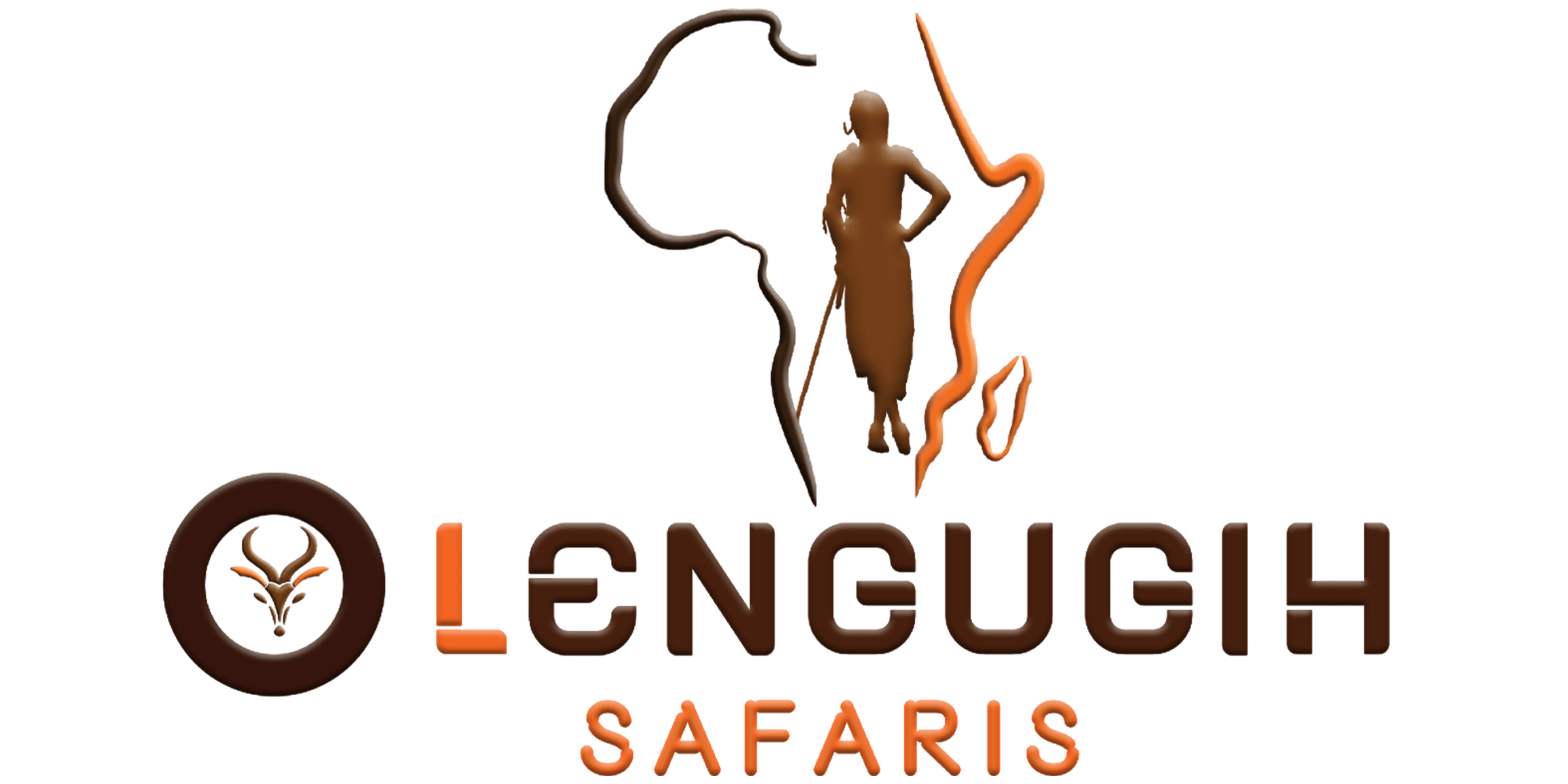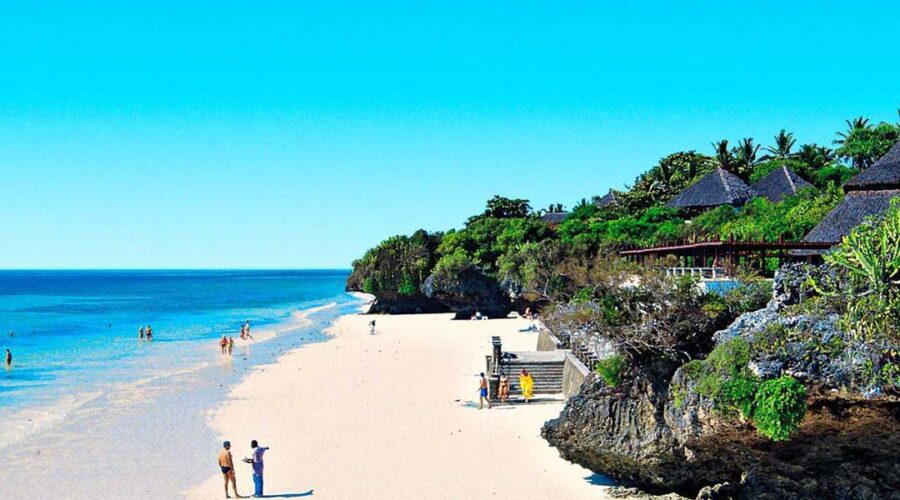The Kenyan coastline was once inhabited by Arabian traders and European colonialists. Recently, the Kenyan Coast has been famous for its beautiful white-sand beaches, diving expeditions, and well-designed resorts. The coastal development does not imply that it has lost touch with the past. The Coast region still harbors a unique collection of mosques, churches, ruins, and forts scattered from Diani in the south, Mombasa in the center, and Lamu in the north.
Mombasa is a high-profile town in the coastal region. It is well known for its ability to attract a variety of holidaymakers and locals. If you’re looking for a fun-filled holiday where you can go from beach sand to nightclub or restaurant, Mombasa is your choice. Mombasa also packs a punch for those who enjoy diving, snorkeling, or deep-sea fishing.
The Southern Coast is another epic destination where you will find the famous Diani beach. Diani beach is a dream destination for every adventurer. Most travelers often refer to it as the magical Kenya Beach holiday destination. The town offers epic off-shore reefs, beautiful views, and exceptional relaxation.
Towards the North of Mombasa, you will find Malindi, a top destination popular with holidaymakers from the US, the UK, and Europe. The town is famous for offering a more secluded and quieter holiday experience and its clean and pretty beaches.
As you proceed to the far north, you’ll find the Lamu. Lamu is a tiny little island cluster just off the Kenyan coast. A holiday here is dreamy and private, with private beach villas and an real down-to-earth, relaxed atmosphere.
Price Includes
Price Excludes
Arrival in Nairobi JKIA.
Travel to Tsavo via Road or Air
One of Africa’s most evocative images is the sight of dust-red elephants wallowing, rolling, and spraying each other with the midnight blue waters of the palm-shaded Galana River. This, along with the 300 kilometers long Yatta Plateau, the longest lava flow in the world, makes for an adventure unlike any other in the Tsavo East. The park forms the largest protected area in Kenya and is home to most of the larger mammals, vast herds of dust –red elephant, Rhino, buffalo, lion, leopard, pods of hippo, crocodile, waterbucks, lesser Kudu, gerenuk, and the prolific birdlife features 500 recorded species.
You will check out at 9 am and Head to Mombasa.
You can’t miss seeing this famous landmark. The Mombasa Tusks were built to commemorate Queen Elizabeth’s visit to Mombasa in 1952. Constructed of aluminium, the tusks mark the entrance to the heart of town where you’ll find most of the banks, shops, and markets.
They make an Instagram-worthy photo op, but you’ll have to negotiate the traffic on this busy road first to capture both sides. You’ll also notice that the intersecting tusks form the letter “M” for Mombasa.
Beaches on the north side of Mombasa are a little livelier than on the south coast. Palm-lined shores, crystal-clear waters, coral reefs, and a profusion of water sports, resorts, and entertainment venues provide plenty of tourist action. The resorts are also closer to the airport and Mombasa City.
Built in 1593 to 1596 by the Portuguese, Fort Jesus is a UNESCO World Heritage Site and one of Mombasa’s top tourist attractions. Italian architect Cairati designed the structure, one of the world’s finest examples of 16th-century Portuguese military architecture.
Built in the shape of a man, the fort was given the name of Jesus as a clear religious reference. The fort changed hands nine times between 1631 and 1875 before finally resting with the British.
Although partially ruined, Fort Jesus houses a museum built over the former barracks for the garrison. Exhibits include a vast collection of ceramics and pottery reflecting the various cultures traded along the coast.
On the southeast side of Mombasa Island, the Old Town is reminiscent of the days when the Portuguese ruled this important port. The town’s inhabitants are mostly Arab, Asian, and European, and the architecture reflects their cultures.
Ornately carved doors and balconies adorn the old buildings that jostle cheek to jowl along the narrow streets. History buffs can easily spend a couple of hours here, strolling along the atmospheric alleys and shopping for antiques, fragrant oils, spices, and souvenirs. If you’re looking for places to eat in Mombasa, you’ll find plenty of restaurants and cafés in this area.
Mamba Village Centre in Nyali is East Africa’s largest crocodile farm. Here, you can learn about these fascinating amphibians’ life cycles and behaviour. Kids love the chance to hold a baby croc, and another highlight for many visitors is watching the crocodiles fight for tasty morsels during feeding time.
Mamba Village Centre also offers horseback riding and a botanical garden with an aquarium. Orchids and aquatic plants are the specialties, but the gardens also display carnivorous species.
Haller Park Mombasa is a hit with animal lovers. Wildlife includes giraffes, Cape buffalo, zebras, waterbucks, and hippos. A highlight is the giraffe feeding, but check the times before visiting. Birds are also abundant in the park. More than 160 species have been introduced to the area, including weaver birds, cranes, pelicans, and storks.
Walking and cycling paths wind through the groves of casuarina, and a reptile park, palm garden, butterfly pavilion, and crocodile pens are other attractions.
Nestled in lush rainforest, Gedi was one of the ancient Arab towns along the East African Coast and was probably rebuilt in the 15th and 16th centuries. Today, you can tour the ruins where the Great Mosque, the Palace, coral-stone houses, and pillar tombs have been unearthed.
The houses in Gedi display a traditional Swahili style, and some have ancient drawings on their plaster walls. Ming Chinese porcelain and glass, as well as glazed earthenware from Persia, indicate trade links and a taste for luxury by those who prospered here. These items, as well as Spanish scissors and Swahili cultural artifacts, are displayed in the on-site museum.
The coastline south of Mombasa is a world of natural beauty. Turquoise seas lap the sun-bleached beaches, where tourists sprawl under rustling palms. Rainforests with abundant wildlife and birds skirt this idyllic stretch of coast, and coral reefs protect the swimming areas from offshore swells. No wonder the south coast beaches are among the most popular places to hang out in Mombasa.
Diani Beach is one of the most famous Mombasa beaches. It’s also the most developed area south of Mombasa, but despite its popularity, it still offers beautiful beachscapes. European package tourists flock here to enjoy the busy lineup of water sports – from windsurfing, sailing, snorkeling, kite surfing, and diving to water skiing and parasailing. Diani Beach also offers a vibrant nightlife.
Travel to Nairobi Via Ukunda air Strip to JKIA and Departure.
Yes, you can get it. You only need to inform us 72 hours before the trip date.
Yes, you can change 48hrs before the trip date.
WhatsApp us

